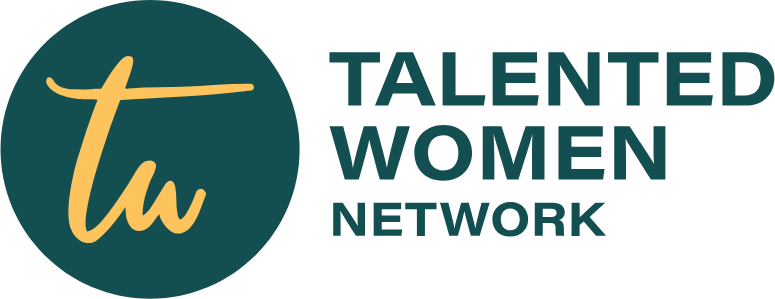A new continental initiative aimed at strengthening the socio-economic participation of women across Africa has been launched in Morocco.
The African Women’s Empowerment Network was officially unveiled on Tuesday in the city of Salé, near Rabat, during the African Forum on Women’s Empowerment, organized by the National Union of Moroccan Women (UNFM) under the theme “The Empowerment of African Women: A Pillar of Social Justice and Sustainable Transformation of the Continent.”
According to the African Press Agency (APA), the network seeks to enhance collaboration and build sustainable partnerships among women’s associations across the continent, promoting economic inclusion, social justice, and gender equality.
Speaking at the launch, Moroccan Minister of Solidarity, Naima Ben Yahya, said the establishment of the network represents a vital tool for the empowerment of African women, which in turn contributes to sustainable and inclusive development.
Read Also: Tanzania’s Neema Haji Appointed to FIFA Youth Girls’ Competition Committee
“African women are not only agents of development but also pillars of family cohesion and societal stability,” Ben Yahya stated.
Also addressing participants, Nicole Mokolo Mangaya, President of the Group of Wives of African Ambassadors to Morocco (GEAAM), highlighted that the initiative would support the implementation of the Beijing Declaration and the United Nations Sustainable Development Goal 5 (SDG 5) on gender equality.
She described the network as “an African space for exchange, cooperation, and action toward the continent’s development.”
The Vice-President of the UNFM, Amina Oufroukhiunderscored that the creation of the network aligns with the union’s long-standing history of collaboration with women’s organizations across Africa, emphasizing its role as a key actor in promoting regional and continental solidarity.
The forum’s opening session also featured the signing of framework partnership agreements between UNFM and GEAAM to advance cooperation in women’s empowerment initiatives.
Despite notable progress, reports reveal that many African women still face systemic barriers to accessing formal employment and financial independence.
The network, therefore, aims to provide women with greater access to financial resources, vocational training, and employment opportunities—helping them become central contributors to Africa’s economic transformation.

